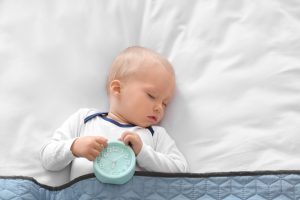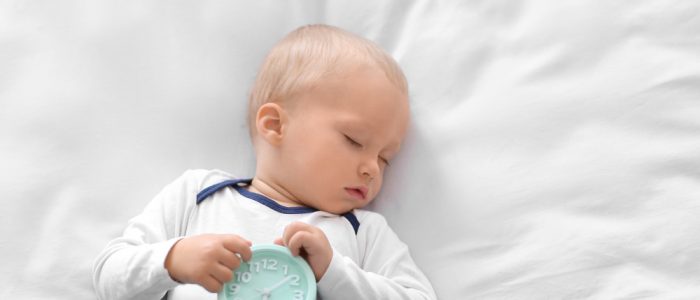Age and Female Fertility
Age and Female Fertility
 It’s a fact that women are having children later – and that’s understandable given the number of choices women have in all aspects of their life. Women are studying longer, building careers, travelling and working towards being financially independent. They have role models who have paved the way to options of careers, lifestyle choices and motherhood options that women only a generation ago could never have imagined would be available to consider.
It’s a fact that women are having children later – and that’s understandable given the number of choices women have in all aspects of their life. Women are studying longer, building careers, travelling and working towards being financially independent. They have role models who have paved the way to options of careers, lifestyle choices and motherhood options that women only a generation ago could never have imagined would be available to consider.
As a fertility specialist, it’s been interesting to see how these social trends are having a significant impact on women’s decisions surrounding motherhood.
But, for those thinking that you’ll have children “sometime”, it’s probably a good idea to have a bit of a plan because, with age and female fertility, unfortunately time does matter.
Your biological clock keeps ticking.
Despite all the social changes, the simple biological facts remain the same. While women might not look their age on the outside, their body knows exactly how old they are when it comes to the amount of eggs available.
As a woman ages, her fertility decreases. Ideally, your 20′s and early 30′s are the optimal time to fall pregnant. Although fertility decreases from age 20, it is initially slow. However after age 35, fertility starts to drop dramatically. This is the alert time and the latest to start a family should be between 35 and 40. After 40 things can sometimes be challenging. I know it’s not fair but for men, age is not nearly as important.
For many women, the last education they had on fertility was how NOT to fall pregnant. The unfortunate reality is many women do not understand their own fertility. Queensland Fertility Group commissioned a study amongst women of reproductive age that supports this statement:
64% of respondents didn’t know their fertility rapidly declines from the age of 36
60% believed infertility in their 40’s would be easily resolved if they just underwent IVF
20% incorrectly thought it was only in her late 40’s that it became difficult for a woman to fall pregnant naturally.
What’s the upside of all this?
The positive news is that with those social changes and the constant improvement in fertility treatments, women now have the option to go it alone and embark on single motherhood.
I see many, many women who for different reasons choose to go down this path. Access to fertility treatments means that women can create a family that looks and feels right for them.
But what if you’re not quite ready to start a family yet?
If you’re in your late 20s or early 30s and not quite ready to start a family, another option to consider is freezing your eggs. Using your younger eggs will give you a much better chance of successful pregnancy when you’re ready – whether you’re in a relationship then or not.
Wherever you are on your journey towards creating a family, knowing and understanding all your options will give you the confidence to pursue motherhood on your terms. Dr Flynn can help with fertility options tailored to your individual circumstances.

